US President Barack Obama called the Ebola outbreak in West Africa a threat to global security on Tuesday and broadly expanded the US response by ordering thousands of troops to the region along with an aggressive effort to train health care workers and build treatment centres.
He called on other countries to quickly provide more helpers, supplies and money.
“If the outbreak is not stopped now, we could be looking at hundreds of thousands of people affected, with profound economic, political and security implications for all of us,” Obama declared after briefings at the Centers for Disease Control and Prevention in Atlanta.
Obama acted under pressure from regional leaders and international aid organisations who pleaded for a heightened US role in confronting the deadly virus, especially in the hardest-hit countries of Liberia, Sierra Leone and Guinea.
“In West Africa, Ebola is now an epidemic,” Obama said.
“It’s spiralling out of control, it is getting worse.“
The stepped-up US response includes sending 3,000 troops to the region, including medics and corpsmen for treatment and training, engineers to help build treatment facilities and logistics specialists to assist in patient transportation.
Obama also announced that Major General Darryl Williams, head of US Army Africa, will head a military command centre based in Liberia.
The announcement came the same day the World Health Organisation warned that the number of West African Ebola cases could begin doubling every three weeks and that the crisis could end up costing nearly 1 billion US Dollars to contain.
Nearly 5,000 people have become ill from Ebola in Liberia, Sierra Leone, Guinea, Nigeria and Senegal since it was first recognised in March.
The World Health Organisation says it anticipates the figure could rise to more than 20,000.
Obama described task ahead as “daunting” but said what gives him hope is that “the world knows how to fight this disease.“
You can license this story through AP Archive: http://www.aparchive.com/metadata/youtube/045def289101ceb2e47170324839d408
Find out more about AP Archive: http://www.aparchive.com/HowWeWork
Category: biotech/medical – Page 1,965
George W. Bush Urged Us to Prepare for Future Pandemics in 2005 | NowThis
‘If we wait for a pandemic to appear, it will be too late to prepare’ — George W. Bush warned about getting ahead of something like COVID-19 way back in 2005.
» Subscribe to NowThis: http://go.nowth.is/News_Subscribe
» Sign up for our newsletter KnowThis to get the biggest stories of the day delivered straight to your inbox: https://go.nowth.is/KnowThis
In US news and current events today, listen to Pres. Bush urgently stress the importance of being prepared for a pandemic back in 2005. In this clip, Pres. George W. Bush addressed the Nat’l Institutes of Health about having a game plan to fight future pandemics. Pres. Bush was reportedly alarmed after reading a history book about the 1918 flu pandemic where millions had died. Out of that interest came a grand outline for future administrations to follow in response to a global pandemic.
Listening in the audience that day was Dr. Anthony Fauci, dir. of the Nat’l Institute of Allergy and Infectious Diseases and current leader in the fight against COVID-19 today.
For the latest coronavirus news and COVID-19 updates, subscribe to NowThis News.
#GeorgeWBush #Pandemic #Fauci News #NowThis #NowThisNews
Connect with NowThis
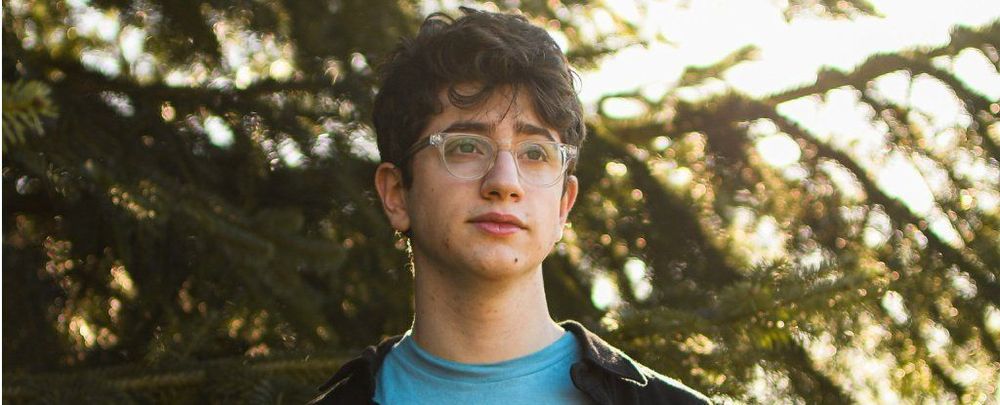
17-Year-Old Turned Down $8 Million to Keep His Viral Coronavirus Tracker Ad-Free
Avi Schiffmann has been procrastinating on his school work, but he has a good excuse. The 17-year-old high schooler is the creator of one of the most visited coronavirus trackers in the world, which he says now takes up “100 percent” of his free time.
The coronavirus pandemic doesn’t look like it will be over any time soon, and Schiffmann plans to continue actively tracking it until the end. As long as the site is up, he says he will keep working at it and adding new features. Once the pandemic is safely over, he’ll take the servers down, and maybe make a page that compares COVID-19 to SARS or the Spanish flu. He thinks it might be a historical piece on the coronavirus people can look back on.
Avi Schiffmann’s coronavirus tracker is a one-stop shop for all the information about COVID-19 the average person might want to know. It constantly updates with statistics for countries around the world on infections, deaths, recovered, and rates of change using data scraped from the WHO, CDC, and other government websites.
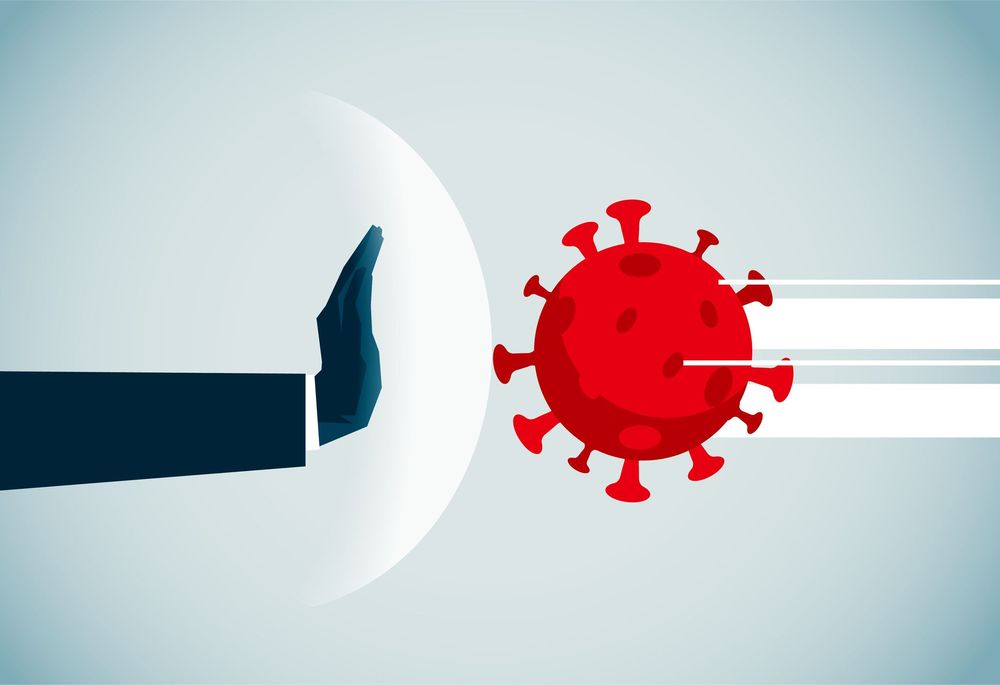
Sorrento finds a coronavirus antibody that blocks viral infection 100% in preclinical lab experiments
Therapeutics company Sorrento has made what it believes could be a breakthrough in potential treatment of SARS-CoV-2, the virus that leads to COVID-19. The company released details of its preclinical research on Friday, announcing that it has found an antibody that provides “100% inhibition of SARS-CoV-2 virus infection of healthy cells after four days incubation.” The results are from a preclinical study that still has to undergo peer review. It was an in vitro laboratory study (meaning not in an actual human being), but it’s still a promising development as the company continues to work on production of an antibody “cocktail” that could provide protection against SARS-CoV-2 even in case of mutations in the virus.
Sorrento says it believes this antibody, which is labelled STI-1499, stood out among billions of candidates it has been screening from its extensive human antibody library for its ability to completely block the interaction of the SARS-CoV-2’s spike protein with a human cell target receptor. That means it prevents the virus from attaching to the host’s healthy cell, which is what leads to incubation and infection.
The nature of the antibody’s efficacy means that Sorrento currently believes it will be the first antibody to be included in the cocktail it is developing, which will be made up of a large number of different antibodies that show efficacy in blocking the attachment of the spike protein, in order to provide multiple avenues of protection that are designed to remain effective even if the virus mutates in transmission from person to person, or within the same individual. One of the big outstanding questions that researchers are working on answering currently is just how mutagenic SARS-CoV-2 actually is, as many coronaviruses like the common cold show a tendency to mutate pretty quickly, rendering long-lasting cures and treatments difficult to develop.
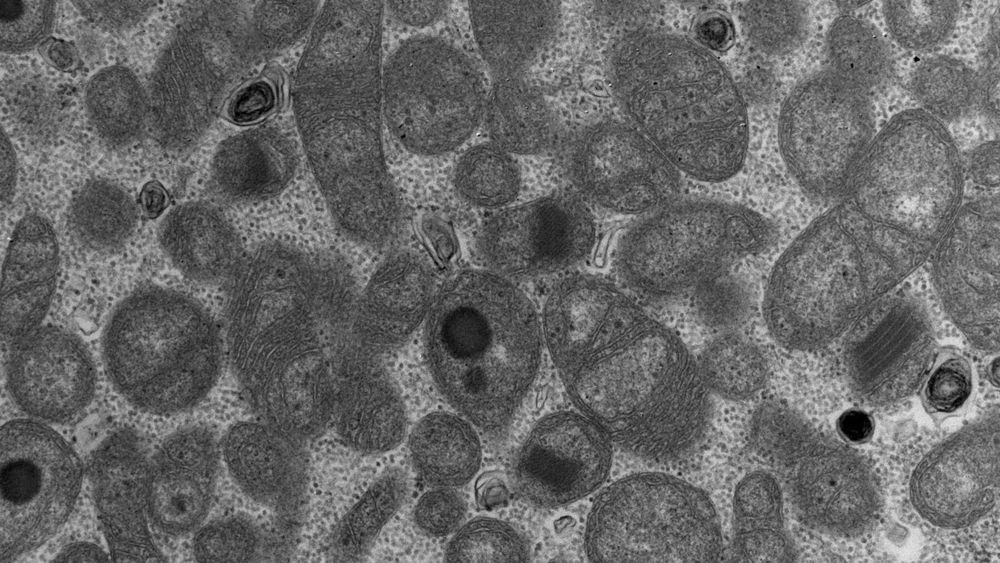
Vitamin B3 revitalizes energy metabolism in muscle disease
An international team of scientists, led by University of Helsinki reported that vitamin B3, niacin, has therapeutic effects in progressive muscle disease. Niacin delayed disease progression in patients with mitochondrial myopathy, a progressive disease with no previous curative treatments.
Vitamin B3 forms have recently emerged as potent boosters of energy metabolism in rodents. These vitamins are precursors for NAD+, a molecular switch of metabolism between fasting and growth modes.
As fasting has been shown promote health and longevity in for example mice, a variety of “NAD boosters” are being developed. However, whether actual NAD+ deficiency exists in human disease, and whether NAD+ boosters could have curative effects in patients with degenerative diseases, has remained elusive.
Lab-Grown Mini Kidneys Are Bringing Science Closer to Custom Organs
Science’s dream of creating perfect custom organs on demand as soon as a patient needs one is still a long way off. But tiny versions are already serving as useful research tools and stepping stones toward full-fledged replacements.
The Lowdown
Australian researchers have grown hundreds of mini human kidneys in the past few years. Known as organoids, they function much like their full-grown counterparts, minus a few features due to a lack of blood supply.
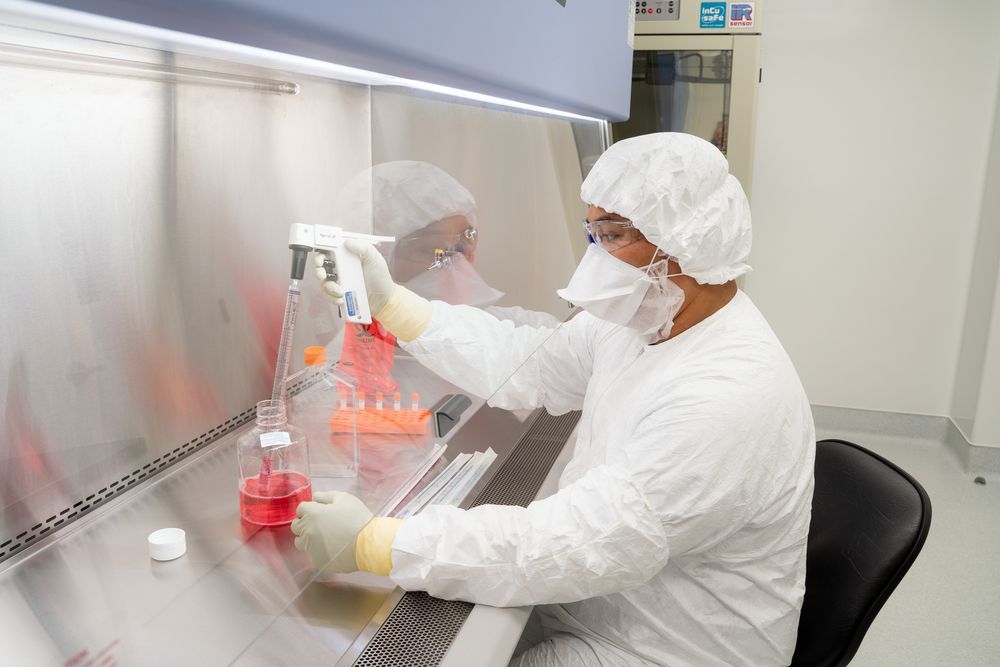
California biopharmaceutical company claims coronavirus antibody breakthrough
Get all the latest news on coronavirus and more delivered daily to your inbox. Sign up here.
EXCLUSIVE — A California-based biopharmaceutical company claims to have discovered an antibody that could shield the human body from the coronavirus and flush it out of a person’s system within four days, Fox News has exclusively learned.
Later Friday, Sorrento Therapeutics will announce their discovery of the STI-1499 antibody, which the San Diego company said can provide “100% inhibition” of COVID-19, adding that a treatment could be available months before a vaccine hits the market.
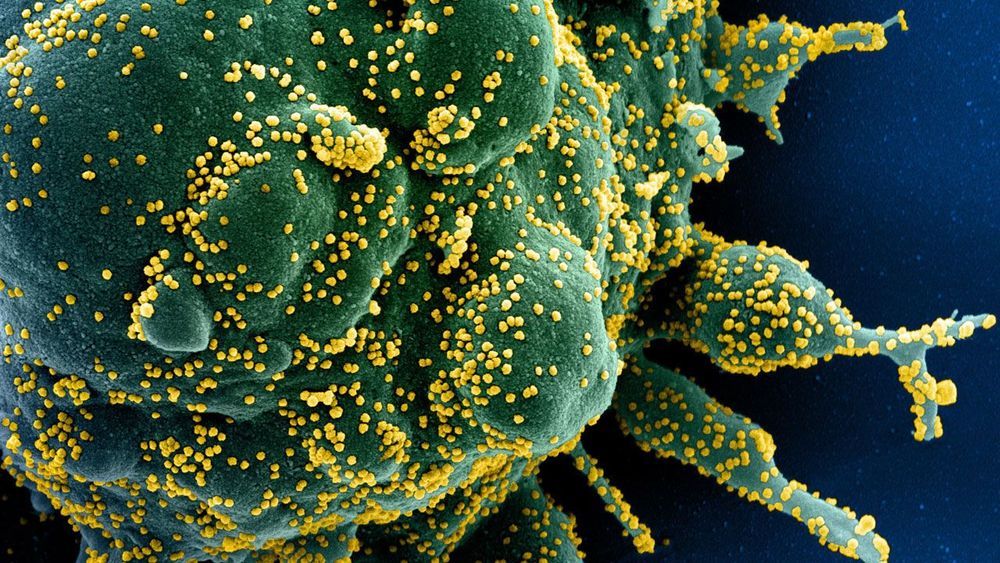

New Deep Learning Research Breaks Records In Image Recognition Ability Of Self-Driving Cars
People, bicycles, cars or road, sky, grass: Which pixels of an image represent distinct foreground persons or objects in front of a self-driving car, and which pixels represent background classes?
This task, known as panoptic segmentation, is a fundamental problem that has applications in numerous fields such as self-driving cars, robotics, augmented reality and even in biomedical image analysis.
At the Department of Computer Science at the University of Freiburg Dr. Abhinav Valada, Assistant Professor for Robot Learning and member of BrainLinks-BrainTools focuses on this research question. Valada and his team have developed the state-of-the-art “EfficientPS” artificial intelligence (AI) model that enables coherent recognition of visual scenes more quickly and effectively.
Monkey Trials Offer New Hope for HIV Vaccine
MONDAY, May 11, 2020 (HealthDay News) — An experimental vaccine seems to give monkeys extended protection from an HIV-like infection — by “waking up” an arm of the immune system that vaccines normally do not.
Experts cautioned that animal research often does not pan out in humans. The decades of work toward an HIV vaccine has been a clear example. But, researchers said, this vaccine works differently, targeting two “arms” of the immune system.
And they think the work potentially has broader lessons for vaccines being developed for other viruses, including SARS-CoV-2, the virus that causes COVID-19.